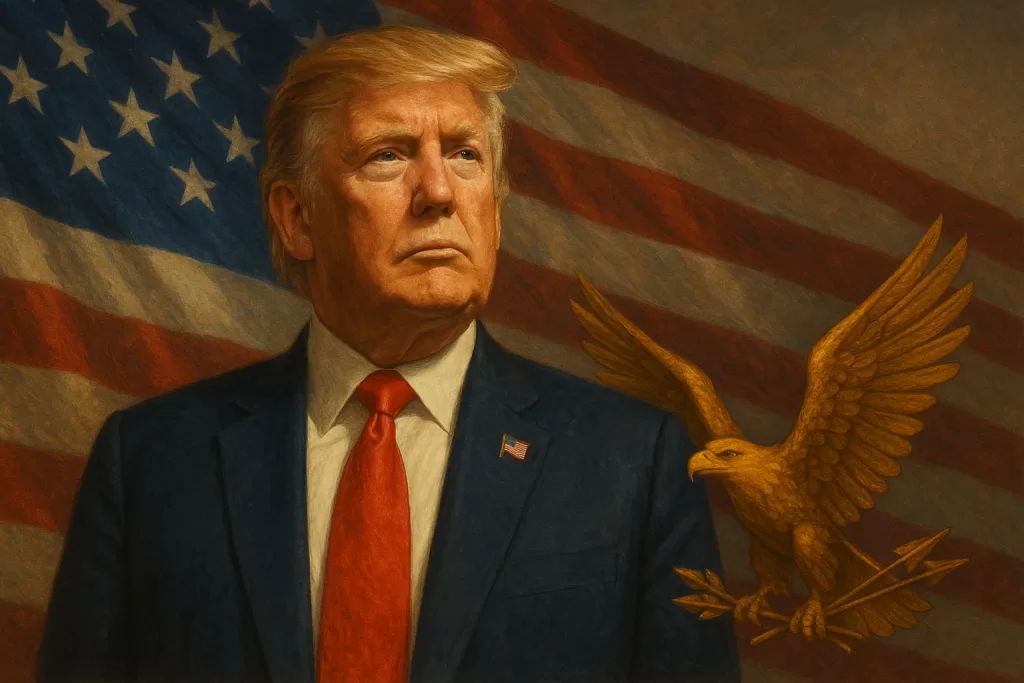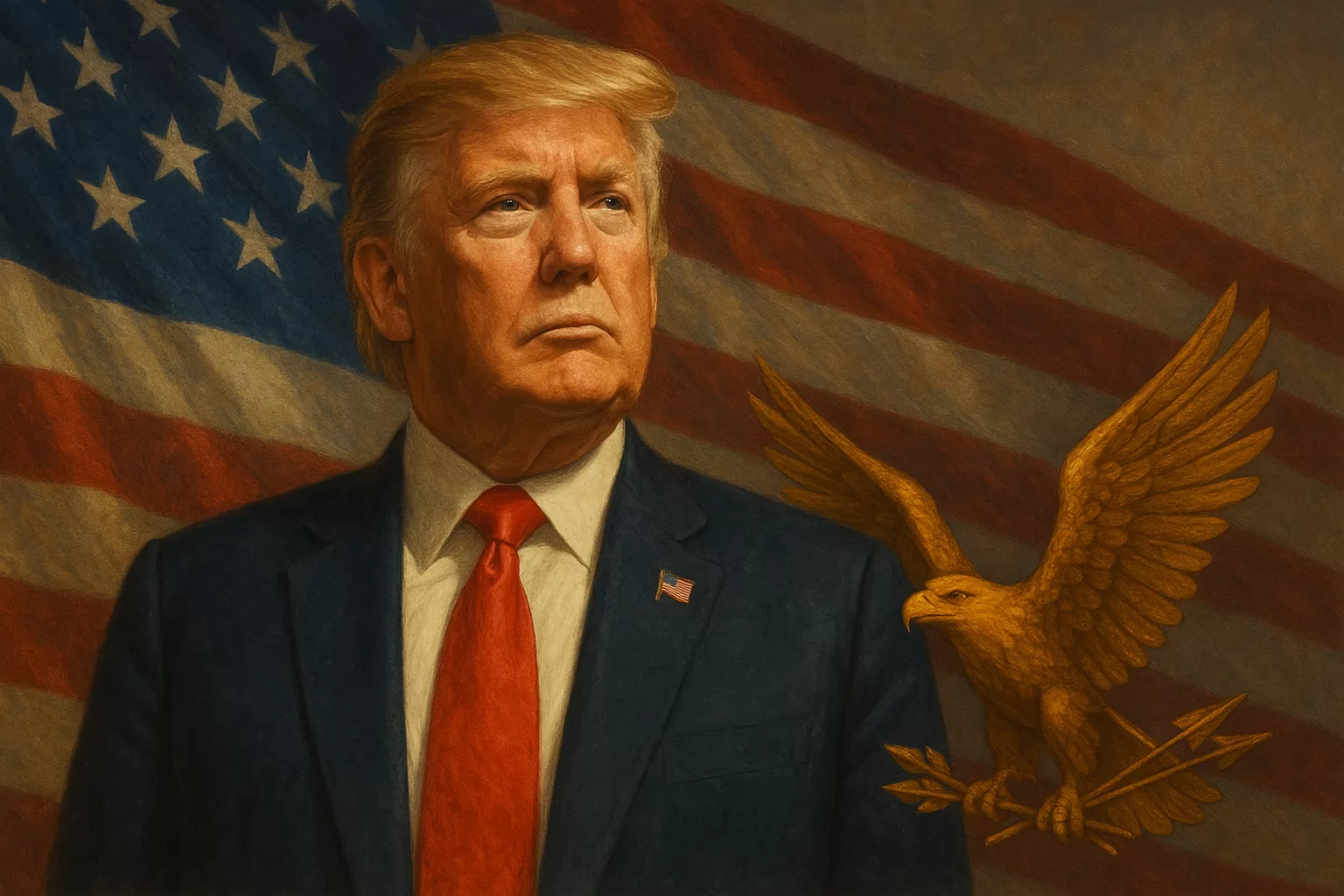Global markets are reeling after a bold economic move by former U.S. President Donald Trump. Just days after unveiling sweeping import tariffs, the U.S. has seen stocks tumble nearly 10%, and an unexpected diplomatic ripple effect: more than 50 countries are now actively seeking new trade talks with Washington.
The markets’ reaction was swift and brutal. Investors scrambled, and economic fears mounted as Trump’s aggressive stance triggered retaliatory threats from global powers like China.
Speaking on U.S. Sunday talk shows, key Trump advisers tried to cool the flames. Kevin Hassett, head of the National Economic Council, denied any political pressure campaign on the Federal Reserve and dismissed speculation that the tariffs were designed to crash the market.
Meanwhile, U.S. Treasury Secretary Scott Bessent downplayed recession concerns, pointing to stronger-than-expected job numbers and arguing that the tariffs represent a strategic realignment, not an economic gamble.
Taiwan was among the first to respond, offering zero-tariff proposals and pledging increased investment in the U.S. economy. The U.K. also weighed in, promising to shield British businesses from the fallout of the new American policy.

Why This Story Matters
For international businesses:
A global trade shake-up is underway. Expect new alignments, revised tariffs, and unexpected opportunities.
For investors:
Volatility is back. When tariffs hit, markets bleed. Stay hedged, stay informed.
For emerging economies:
This is a moment of high risk — and potentially high reward — depending on how trade routes and alliances evolve post-shock.
CriptoMonitor’s Takeaway:
Trump’s tariff bombshell has done more than rattle Wall Street. It’s accelerated global negotiations, redefined economic priorities, and reminded the world just how quickly markets — and politics — can shift.

